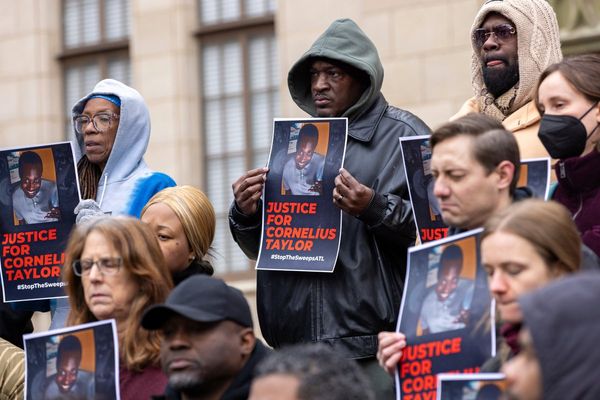
The hottest show in town over the past week or so has been Elon Musk’s chaotic takeover of Twitter, which is less like a usual merger or acquisition and more like gladiatorial spectacle.
Whether Twitter is beginning a long and painful death rattle is certainly a live possibility. It’s clear Musk genuinely did not want to close the deal until the company’s legal action forced his hand, and that $44 billion was a completely absurd price for him to pay.
The spectre that Musk — the dog who caught the car — might not succeed in his quest to make Twitter profitable does raise some interesting questions. Should he fail, most people will probably wander in a daze to whatever the next big thing is. But for my fellow media elites, it might not be such an easy question.
As a social media platform, Twitter has always been a bit of a strange outlier. It has remained largely text-based, even as other platforms become ever more obsessed with video. It has always struggled to attract large numbers of users, launch useful new features, or make consistent revenue. But despite these limitations, which probably would have crippled any of its rivals, it has managed to maintain its position as the favoured online space for discourse by people who are in the news; who write the news; and who court the news.
I don’t just mean the fact Donald Trump used Twitter as the command centre for his presidential ambitions. Twitter is the staging ground for the fuzzy intersection of politics, culture, entertainment and media; a place where the aristocratic class of digital society come together to both talk shop and get at each other’s throats with equal enthusiasm. This daily psychodrama is mostly extremely annoying for anyone who has to witness it, but it is undeniably part of what keeps the website chugging along and has outsized reverberations through society at large.
Few have benefited more from this state of affairs than journalists. The figure of the Twitter-obsessed journo who spends their whole day on the website and has their blinkered worldview shaped by what transpires on their feed has become a popular stereotype, and one that does contain a grain of truth.
Twitter, despite never quite reaching the concrete value to news organisations that Facebook did at its peak, has become integral to news production, distribution and brand-building for journalists. It’s where a disproportionate amount of news gathering, source finding and hiring occurs. As a natural consequence, it shapes the contours of the news cycle in ways both subtle and overt, as journalists both draw from Twitter and anticipate what Twitter’s response might be to any given story.
This has of course led to a great deal of bellyaching from all quarters. Journalists and editors who cut their teeth in the pre-digital age don’t like how Twitter distorts the newsmaking process and makes personal brand paramount, whereas others grouse over the fact Twitter has made micro-celebrities and influencers out of employees of the digital media machine. (You can look at Musk’s crusade against the blue verified check as an effort to take away what he sees as undeserved status for the media elite, who probably should have learned to code.)
But amid the roiling chaos of a Twitter trying to find its feet amid mass layoffs and a mercurial new boss, it’s interesting to imagine what journalism might look like without it. No platform stands ready to truly replace the role Twitter occupies in the media industry, no matter how many well-intentioned people pretend the clunky weirdness of Mastodon is the future. And let’s not kid ourselves that the vast majority of journos have the panache to make it on TikTok.
Either way, we’re staring down the barrel of a genuinely destabilising event for journalism — the latest in a long line of such events. Twitter has been background frequency for the industry for a decade. It’s hard to imagine something replacing it.
Looking at the chaotic first weeks of Musk’s Twitter ownership, alongside his own admission that bankruptcy is very much on the table, it’s easy to imagine his free speech rescue mission going up in flames.
If anything will save Twitter, it’s that it has managed to secure itself a virtually unchallenged place among a certain subset of the internet’s most powerful users.
If Musk can figure out a pathway to eke money out of those users without completely alienating everyone else, he might be able to battle through significant headwinds and make it work. I wouldn’t hold my breath.
James is the co-host of the podcast Down Round, and writes The Terminal, a newsletter about tech culture







